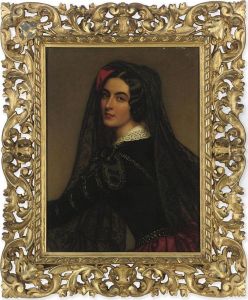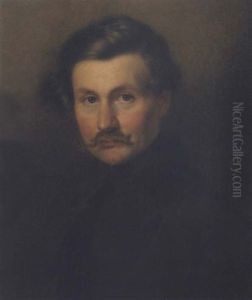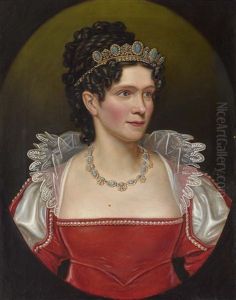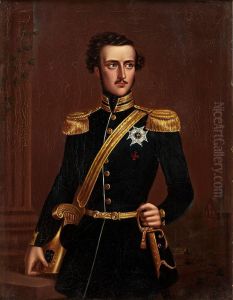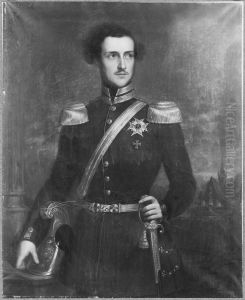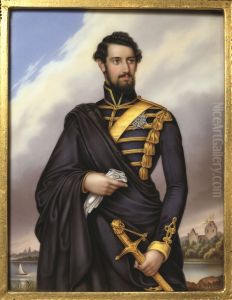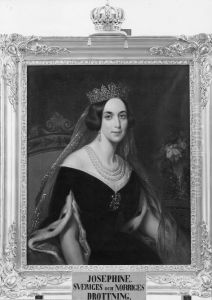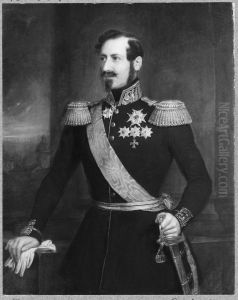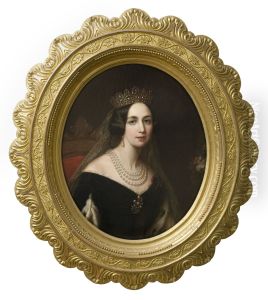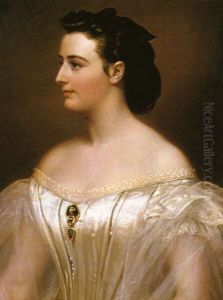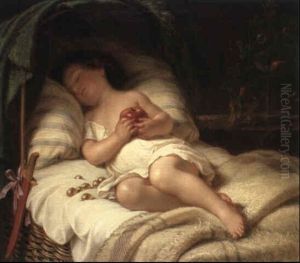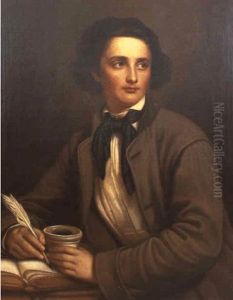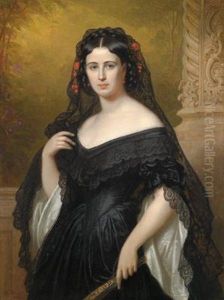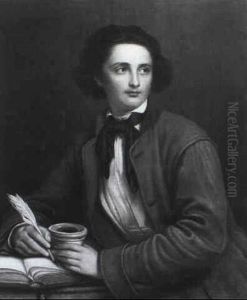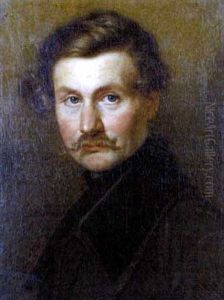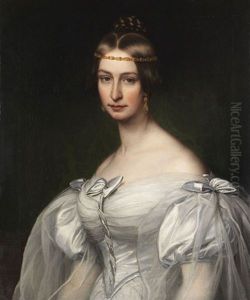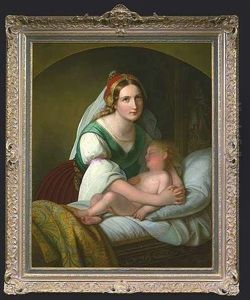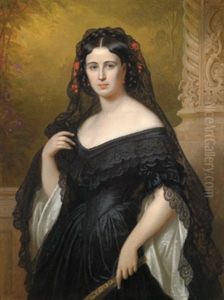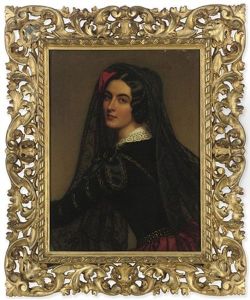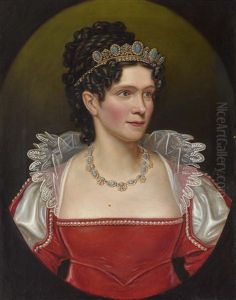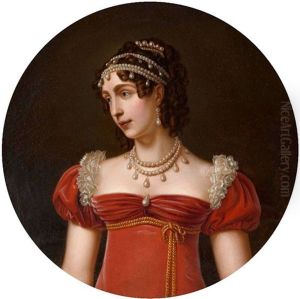Friedrich Durck Paintings
Karl Friedrich Théodore Dück, often known as Friedrich Durck, was a German portrait painter born on April 16, 1809, in Mannheim, Grand Duchy of Baden (now Germany). Durck showed an early talent for art, which led him to pursue his studies at the Academy of Fine Arts in Munich. His studies there would greatly influence his later work, as he was exposed to the rigorous academic standards and the neoclassical artistic trends of the time.
Durck’s career blossomed in the mid-19th century, a period that was characterized by a strong demand for portraiture among the European bourgeoisie and nobility. He became known for his fine brushwork and ability to capture the likeness and character of his subjects. His portraits were often noted for their elegance and detail, as well as their adherence to the conventions of the time.
While Durck’s work was primarily focused on portraiture, he also delved into religious and historical subjects. However, these works did not garner the same level of attention as his portraits. Throughout his career, Durck remained a respected figure within the German art community, though he did not achieve the same level of international fame as some of his contemporaries.
Friedrich Durck died on June 14, 1884, in Munich, Germany. His works can be found in various art collections and museums across Germany. Despite not being widely known today, Durck’s contribution to 19th-century German portraiture continues to be appreciated by art historians and collectors who value the craftsmanship and stylistic qualities of his era.


